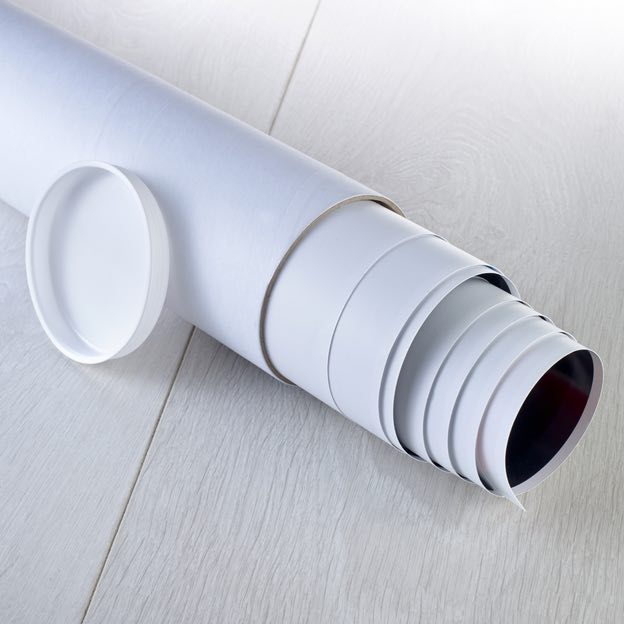
Marie Curie, Polish-born French physicist
Image information
Sizing information
| Overall size (inc frame) | x cm ( x in) |
| Depth | cm (in) |
| Artwork | x cm ( x in) |
| Border (mount) |
cm
top/bottom
(in)
cm left/right (in) |
| The paper size of our wall art shipped from the US is sized to the nearest inch. | |

Our framed prints
Every framed picture is created by hand in our workshop by specialist framers.
Black, white, silver, gold or natural frames available, supplied ready to hang.
All our frames have a smooth satin finish, and measure 20mm (front face) by 23mm (depth from wall).
Read more about our framed art prints.
Manufactured in the UK, the US and the EU
All products are created to order in our print factories around the globe, and we are the trusted printing partner of many high profile and respected art galleries and museums.
We are proud to have produced over 1 million prints for hundreds of thousands of customers.
Delivery & returns
We print everything to order so delivery times may vary but all framed pictures are despatched within 3 days.
Delivery to the UK, EU & US is free when you spend £75. Otherwise, delivery to the UK costs £10 for a single framed print.
We will happily replace your order if everything isn’t 100% perfect.
Product images of Marie Curie, Polish-born French physicist


Product details Marie Curie, Polish-born French physicist
Marie Curie, Polish-born French physicist
Marie Curie, Polish-born French physicist. Marie Curie (1867-1934) with her daughter Irene Joliot-Curie (1897-1956) and members of the Institute of Radium, Paris. On the right is their co-worker Andre Debierne, who discovered the element actinium in 1909. Marie and her husband Pierre Curie continued the work on radioactivity started by Henri Becquerel. In 1898, they discovered two new elements, polonium and radium. Marie did most of the work of producing these elements, and to this day her notebooks are still too radioactive to use. She went on to become the first woman to be awarded a doctorate in France, and continued her work after Pierre's death in 1906. In 1903 the Curies shared the Nobel Prize for Physics with Becquerel. Marie won a second Nobel Prize, for chemistry, in 1911. Irene followed her parents into science, winning the Nobel Prize for Chemistry in 1935 for her work on the synthesis of new radioactive elements.
- Image ref: 1157719
- Oxford Science Archive / Heritage Images
Find related images
 zoom
zoom

















